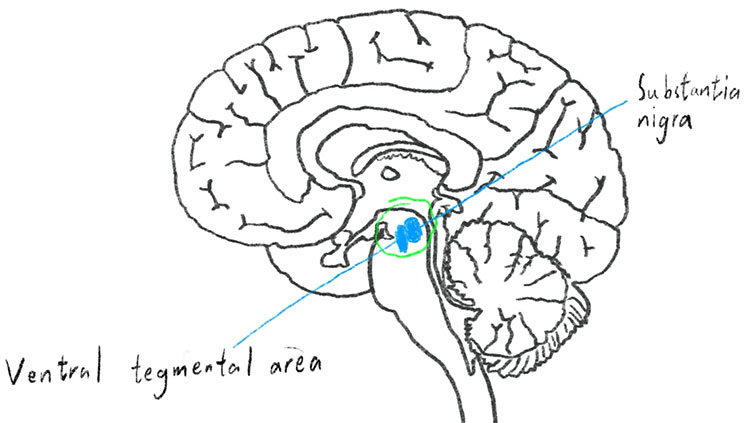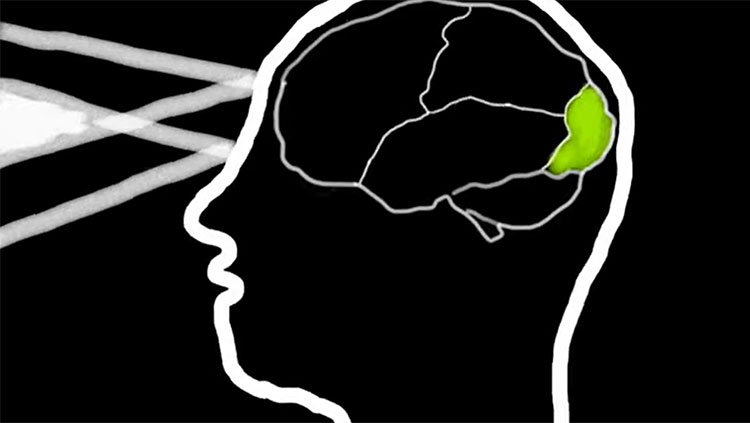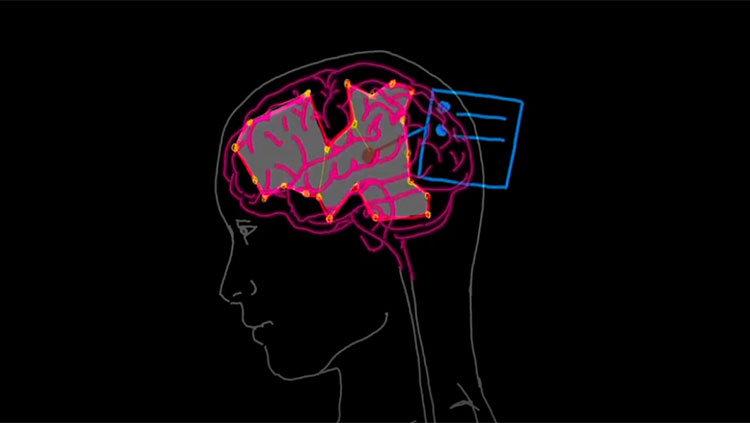The Political Brain: Why So Many People Believe in Fake News
- Published8 Oct 2021
- Source BrainFacts/SfN
Why do so many people believe in fake news? Sometimes, the way we process information gets distorted to align with our existing beliefs. Through examining the neural basis of our own motivated reasoning, we can start to understand why our judgments on political topics are resistant to change.
This is a video from the 2021 Brain Awareness Video Contest.
Created by Nikolas Heim
CONTENT PROVIDED BY
BrainFacts/SfN
Transcript
Looking at politics around the globe, you might find yourself wondering whether the truth actually matters. Be it inventing the term 'alternative facts' by lying about the crowd size of a presidential inauguration, how much money the UK sends to the EU during the Brexit campaign, or the Belarusian president propagating that drinking vodka can prevent the coronavirus. But why do so many people seem to believe in factual lies?
Answers can be found in a study on the neural basis of motivated reasoning, that is the process of distorting information to be consistent with existing beliefs. During the three months prior to the US Presidential election in 2004, researchers investigated how the brain processes contradictory information in committed democratic and republican voters. While measuring brain activity with functional magnetic resonance imaging, participants were shown fictionalized but realistic statements of their own candidate, the opposing candidate, or a neutral control target.
For example, a candidate wants to cut taxes, followed by a contradictory action suggesting dishonesty, like, the politician did not cut taxes once in power. This was followed by statements that resolved the contradiction, for example, there was not enough money in the state budget to cut taxes. Participants were then asked to rate the consistency of the initial statement and the contradictory action. The behavioral analysis showed a pattern of emotionally biased reasoning, partisans denied obvious contradictions for their own candidate but had no difficulty detecting inconsistencies in the opposing candidate.
The analysis of the brain activation yielded striking findings. Parts of the brain that are normally involved in cold reasoning and conscious efforts to regulate emotions, such as the dorsolateral prefrontal cortex, were not activated.
Instead, the researchers found a distinct pattern of brain activation for emotional motivated reasoning in the ventromedial prefrontal cortex, lateral orbitofrontal cortex, insula, as well as the anterior and posterior cingulate cortex. Indicating that emotion-biased motivated reasoning likely occurs outside of awareness and is distinct from cold reasoning. Furthermore, the process of motivated reasoning was followed by the activation of the striatum, an area that is responsible for reward.
That could mean that avoiding unpleasant emotions is rewarded by the brain with positive emotions, similarly to the effect that drugs, like cocaine, have on the brain. This combination of reducing negative emotions and increasing positive ones might explain why motivated judgements are so resistant to change and why so many people believe in fake news. But was has that to do with smoking or climate change?
Well, the researchers assume that the process of avoiding unpleasant emotions is not one that only occurs in political judgements, but also whenever we are confronted with information that elicits distress like being told that smoking is unhealthy or that flying is bad for the environment. That means, we are likely not only political partisans but also partisans of our own minds, processing unpleasant facts in our daily lives as fake news.
However, knowing that our brain does that, can enable us to keep an eye on how we engage not only in political but also in private fake news.
Also In Thinking & Awareness
Trending
Popular articles on BrainFacts.org

















